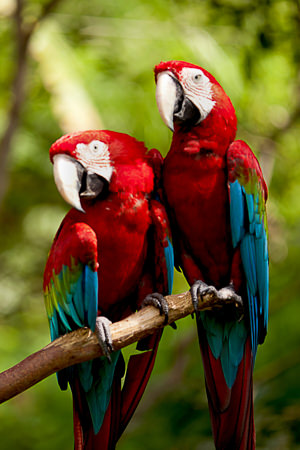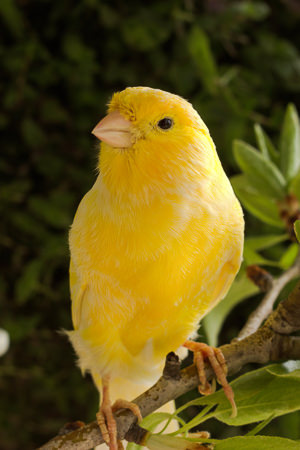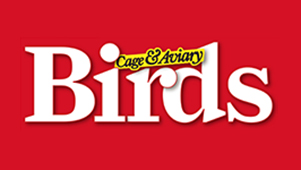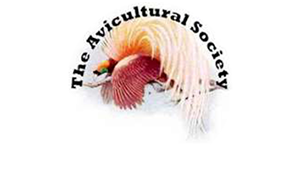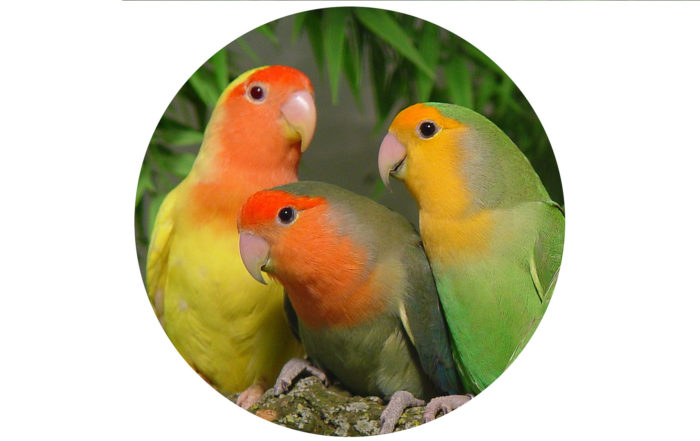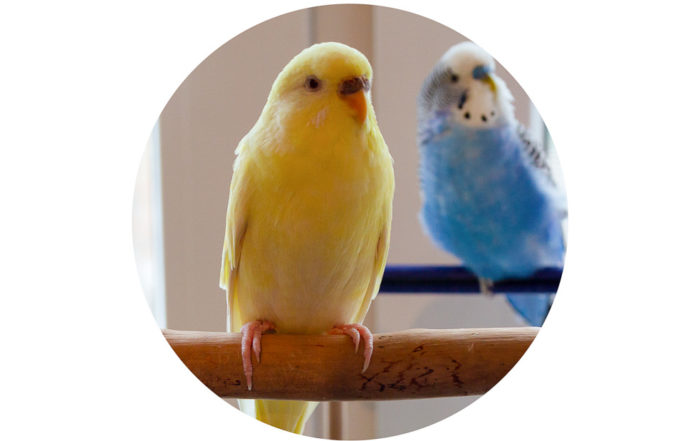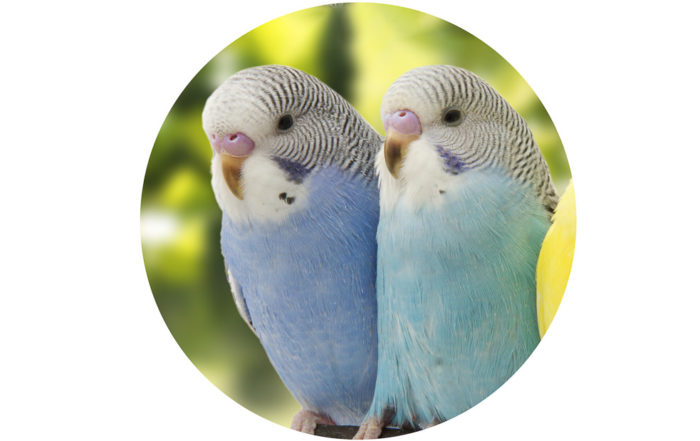Links to Useful Aviary Bird Sites
There is so much information about everything to do with aviary birds all across the internet. As with many things on the web, it can be hard to know what info is credible and worth following. Sorting through the mountain of information can be a little overwhelming, especially if you are new to keeping aviary birds. We thought it would be useful if we linked you to some of our favourite aviary bird sites, forums, and societies.

UK Pet Food
UK Pet Food is the principal trade body representing the UK pet food industry. It has 84 member companies, which accounts for more than 90% of the UK market. It aims to be the credible voice of a responsible pet food industry.
Our Recent Posts Giving Advice and Guidance on Aviary Birds
What’s Not to Love About the Colourful Lovebird?
Reading Time: 12 minutes Sometimes referred to as ‘pocket parrots’ due to their size, they are colourful, charming characters that can make adorable pets. With a name like Lovebird, it’s not surprising these are among the most popular small parrots to own.
How to Tame (Train!) Your Budgie
Reading Time: 10 minutes One question we get asked fairly often is how to tame a Budgie. We’ve always found this a bit of a strange enquiry because like most birds that live in flocks in the wild, Budgies are very sociable and enjoy human company. As such, they don’t need to be tamed per se.
Budgies – the UK’s Favourite Pet Bird
Reading Time: 6 minutes Budgies – also known as parakeets – are the most popular companion bird in the UK and it is easy to see why. These colourful little birds are every bit as intelligent as their bigger cousins, but at just seven or so inches in height, they take up much less room than an African Grey or ...






